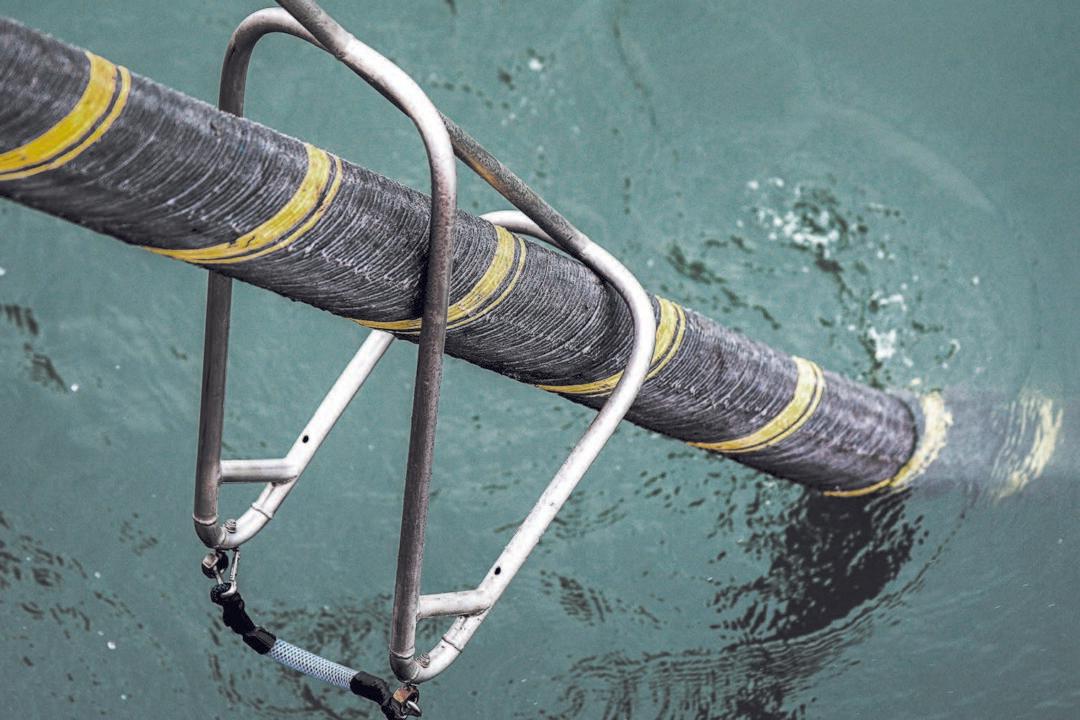The Chinese Communist Party (CCP) may be intercepting communications from undersea cables, placing at risk all phone and internet data passing through major networks in the Asia-Pacific region.
Existing research shows that Chinese military branches associated with cyberespionage maintain operations near key cable landing stations. A leaked report citing intelligence sources in the United States, Japan, and Australia—provided to The Epoch Times—shows additional research on possible Chinese front companies with mysterious finances and questionable ties at key data chokepoints.





